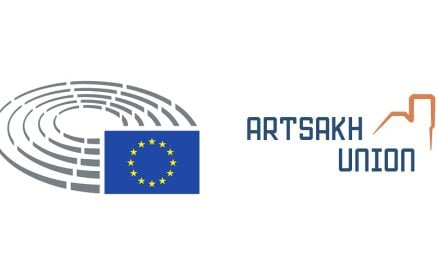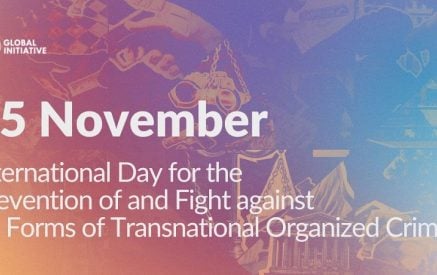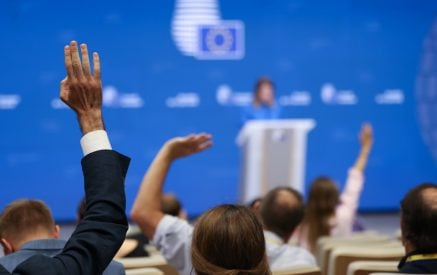COPENHAGEN, 3 May 2021 – Leaders of the OSCE Parliamentary Assembly expressed concern today over the decision of the Russian Federation to implement travel restrictions against the President of the European Parliament and seven other European Union officials. The new sanctions ban EP President David Sassoli and Jacques Maire, a member of the French delegation to the Parliamentary Assembly of the Council of Europe where he serves on the PACE Presidential Committee, as well as several others, from entering Russian territory.
In a joint statement, OSCE PA President Peter Lord Bowness (United Kingdom), and the Chair, Vice-Chair and Rapporteur of the OSCE PA’s General Committee on Democracy, Human Rights and Humanitarian Questions – Kyriakos Hadjiyianni (Cyprus), Michael Georg Link (Germany) and Kari Henriksen (Norway), respectively – said the following:
“The travel bans by the Russian Federation on the President of the European Parliament and other high-ranking officials, while apparently intended as retaliation against similar sanctions on Russians, do not serve the interests of multilateral co-operation and dialogue. The OSCE Parliamentary Assembly has been consistent over the years in criticizing the use of sanctions against parliamentarians and diplomats, and indeed some of the most articulate critics of these sorts of restrictions have been the Russians themselves. We urge Moscow to reconsider these sanctions on the EU, which can only have the effect of further raising tensions, complicating efforts to build dialogue and inhibiting mutual understanding.”
In 2016, the OSCE Parliamentary Assembly adopted the resolution “Unrestricted Access of Members OSCE Parliamentary Assembly Attending Official OSCE Events and Other Parliamentary Activities” at the 25th Annual Session in Tbilisi. The resolution, introduced by the Russian Delegation, stated that “travel restrictions resulting from sanctions regimes for representatives of participating States impede dialogue and co-operation in the context of multilateral forums, including inter-parliamentary forums.” It also recognized that “sanctions against parliamentarians are not an appropriate means by which to induce participating States to change their foreign and/or domestic policy, since they make dialogue, exchange, and confidence-building even more difficult in periods of tension and confrontation.”
Read also
OSCE PA Secretary General Roberto Montella reiterated that in times of tension, it is important to keep open all lines of communication and dialogue. “What is needed today is more dialogue and multilateral engagement, not shutting doors and closing borders to diplomacy,” Montella said. “The sanctions against these high-level EU officials, including the European Parliament President, appear to do precisely that and for that reason they are counterproductive. I urge our partners in the Russian Federation to reconsider this move.”
In the spirit of dialogue, Bowness, Hadjiyianni, Link, Henriksen and Montella also urged a general rethinking of sanctions against parliamentarians from entering OSCE participating States, particularly when such travel bans affect the ability to hold inclusive inter-parliamentary forums.
OSCE Parliamentary Assembly


























































